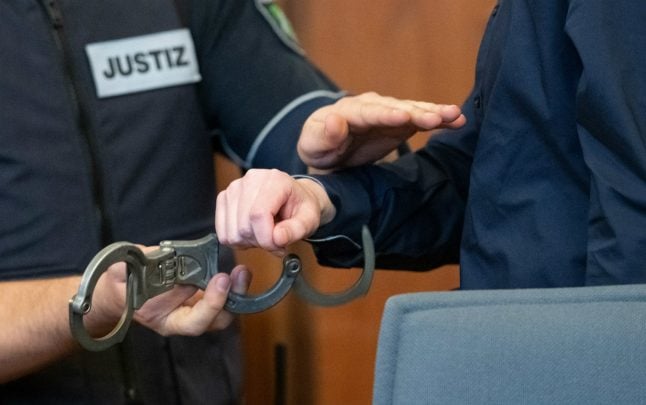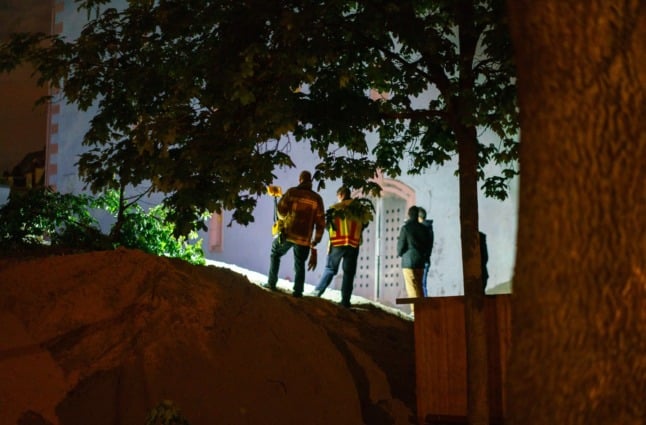Defendant Sergej Wenergold committed almost 30 attempted murders by attacking the bus with three improvised bombs as it left the team's hotel, lead prosecutor Carsten Dombert said.
He also faces charges of causing an explosion and two counts of causing serious injury, with judges expected to deliver their verdict next week.
The triple blast on April 11th 2017 shattered the team bus's windows, with a police officer also suffering inner ear damage.
The Russian-born German citizen has admitted to placing the bombs, but claims he did not aim to kill anyone — each contained up to a kilogramme (2.2 pounds) of a hydrogen peroxide mixture and dozens of metal bolts.
Prosecutors say he in fact aimed to kill as many players as possible, hoping to profit financially after buying so-called put options — essentially a bet on the club's share price falling.
SEE ALSO: Dortmund bomb attack 'changed my life', footballer tells court
Wenergold left letters supposed to hint at an Islamist terrorist background at the scene, as well as far left or far right extremist groups.
But police eventually joined the dots after realising that the trained electrician had stayed in the same hotel as the Dortmund players on the eve of their Champions' League match against Monaco.
Hidden in a hedge, the explosives were badly positioned and in the end succeeded only in breaking Spanish defender Marc Bartra's wrist and damaging a police officer's hearing.
Several Dortmund players including Bartra gave emotional testimony during the trial about the trauma they suffered during the attack.



 Please whitelist us to continue reading.
Please whitelist us to continue reading.
Member comments